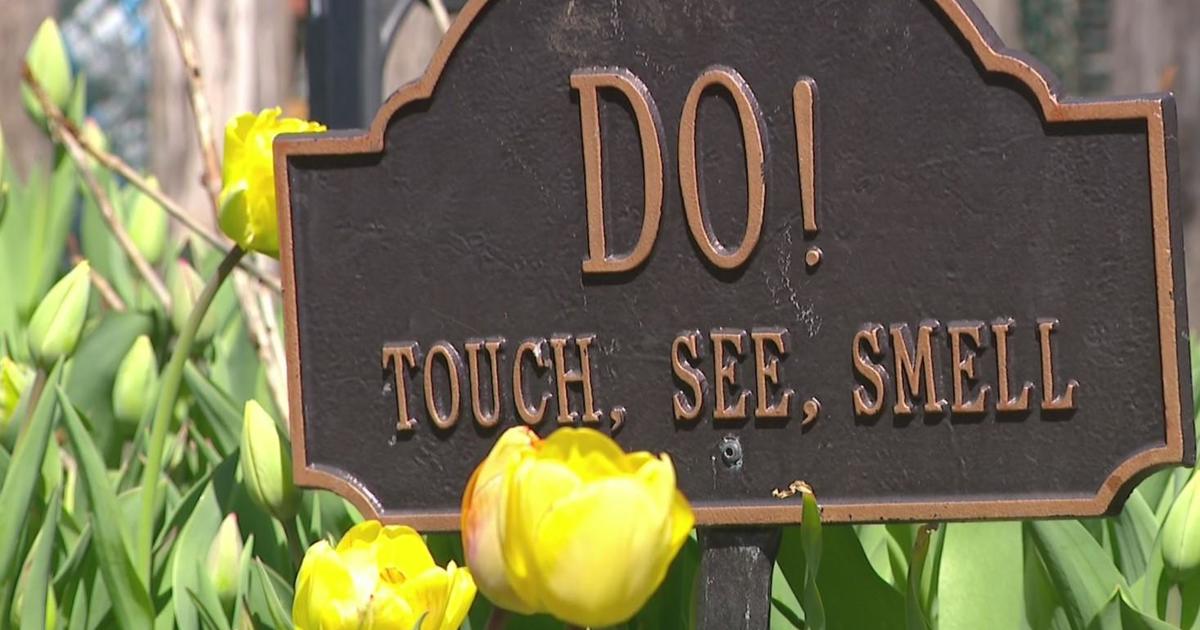Mpls. Traffic Expected To Improve With Upgraded System
MINNEAPOLIS (WCCO) -- It's one of the most common complaints from anyone driving downtown: timing the traffic lights to get a string of greens is a bit like hitting the lottery. But for anyone rushing between appointments or trying to get home after a long day at the office, shaving minutes off the daily commute is a payoff worth every penny.
"It can be pretty frustrating," commuter Jay Dunston said. "You get to a light and try to beat the rush hour traffic and get stopped at every single light. So, then you end up with a lot of traffic ahead of you, that's pretty frustrating."
The frustration of Dunston and others is about to change, however, thanks to a major overhaul of the city's Traffic Management System.
"We know that traffic doesn't flow the same level throughout the city of Minneapolis during different times of the day and from different events," Minneapolis Mayor R. T. Rybak said. "We know that when there's a Twins game it's a certain way and in the middle of the afternoon it's very different."
Keeping tabs of all 800 city intersections is done at the Traffic Management Center in the city's outskirts. Inside the plain looking building is housed an elaborate setup of computers and wall-sized electronic maps.
Here, thanks to an $11 million upgrade, the entire system is being rebuilt using the most modern computerized traffic control system. Eighty percent of the cost is being covered by a federal Congestion Mitigation Air Quality grant.
From the traffic management maps and intersection cameras to the intersection traffic light control mechanisms, the entire system is now computerized.
For years the city's traffic lights were controlled by electro-mechanical mechanisms at each intersection, technology dating back to the 1940s. If a particular traffic light malfunctioned it required a technician to physically drive to the trouble spot and fix it.
Now, the new computerized system can be reprogrammed by a technician using a smartphone. It all means there's now a more efficient flow of traffic, which saves much more than just time.
"When we can keep traffic moving more there's not so much idling time and congestion," Steve Kottke, the city's director of public works, said. "It really helps in fuel consumption and more importantly, emissions and air pollution."
The city's downtown zone is now rebuilt and operating under a new timing plan. The city's south and north sides will be operational by the summer of 2014.



